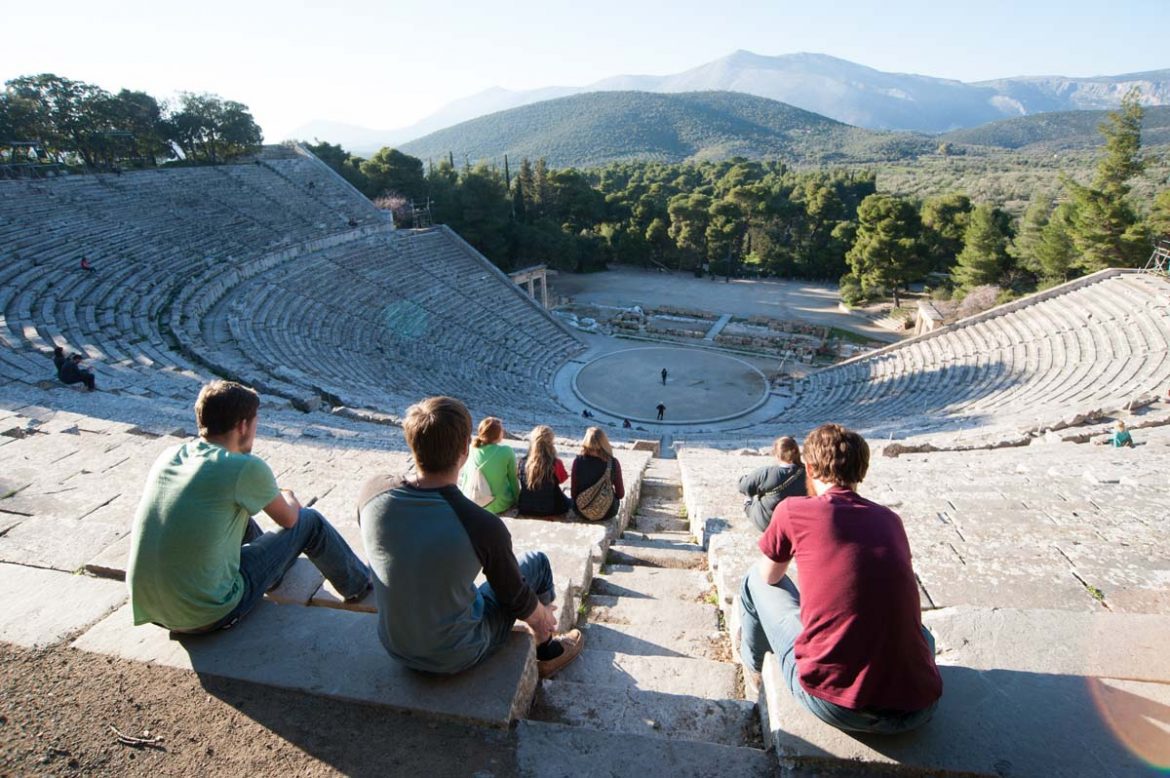Prime Minister Benjamin Netanyahu announced Israel and Hamas agreed to a permanent truce after 50 days of conflict, according to a Lebanese newspaper called The Daily Star. Although both parties were reluctant to lay down their weapons, Netanyahu said Israel faces conflict at every border and must focus on more immediate threats, such as the growing power and religious persecution of the Islamic State of Iran and Syria (ISIS).
ISIS has become increasingly terroristic, capturing and murdering innocents as a bargaining tool. On Tuesday ISIS leaders released a video showing the beheading of American journalist Steven Sotloff, and promised to continue the trend of murders if the U.S. does not cease bombing ISIS targets in Iraq.
ISIS has also made international headlines this month for presenting non-Muslims with an ultimatum: convert, pay a fine or die. After driving an estimated 50,000 members of the Yazidi population out of their homes and into the wilderness, ISIS threatened to murder them if they refused to convert to Islam. According to ABC News cargo planes brought supplies to the refugees sheltered in the mountains and were followed with a series of airstrikes by the U.S. military.
In light of these circumstances, Harding students who will study abroad in Greece this fall may encounter a few changes to their travel itineraries. Dean of International Programs Jeffery Hopper said as of yet, trips scheduled to Israel have not been canceled and the truce with Hamas seems promising. However, since the students’ safety is a top priority, there are several possible back up locations for the students to visit if Middle Eastern conflicts become too dangerous for visitors.
“We make changes to any and all of the programs based upon need, safety concerns and cataclysmic events,” Hopper said. “The situation in the Middle East is difficult because it is changing by the hour.”
Last year, Egypt was dropped from the program after tumultuous protests and elections created an unsafe environment. Over the summer, Israel was also removed and replaced with travel in Prague after conflict between Israel and Hamas climaxed. Hopper said other alternative trips could include touring concentration camps in the Czech Republic or ancient Greek temples in Southern Italy.
“We always try to give students what they pay for,” Hopper said.
Harding University in Greece director Mike James said he is hopeful that students will still be able to experience a trip to Israel this semester.
“We received good news that a truce has been made, but these are sometimes short-lived,” James said. “Israel, we hope, will be clear by the time of our visit in mid-October.”
James said the majority of the HUG program is not affected by Middle Eastern conflicts, and there will still be plenty of experiences for the students to enjoy.
“We have the same terrific guides and visit about 80 percent of the same sites each semester,” James said.
Hopper said the final call about allowing the HUG group to visit Israel must be made closer to their departure.
“We don’t make changes lightly,” Hopper said.
